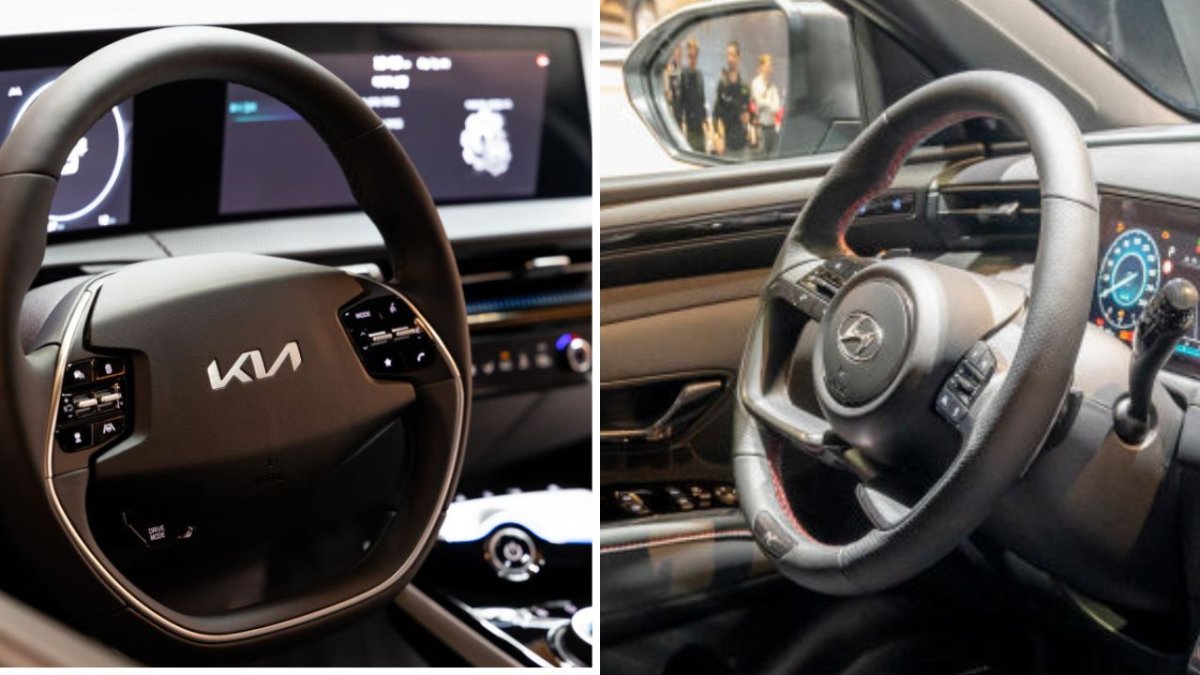The theft of Kia and Hyundai models has increased dramatically in recent years due, in large part, to viral challenges on TikTok that explain how to modify the system of these vehicles to easily steal them.
In Los Angeles, for example, Hyundai and Kia car thefts “increased about 85% in 2022 and accounted for about 20% of cars stolen in Los Angeles in the same year, compared to 13% in 2021,” according to a report. Statement sent by California Attorney Rob Bonta.
This trend has been observed in other states of the country, where, in addition to thefts of these car models, “accidents and at least eight deaths nationwide” have been reported, in addition to stolen cars “have also been used to commit additional crimes,” they reported.
On the other hand, owners of Kia and Hyundai cars have fewer possibilities to insure their vehicles, because “they are more vulnerable to theft”.
Faced with this problem, the attorneys general of 23 states sent a letter to Kia America and Hyundai Motor Company in which they expressed their concern that the problem was not fixed.
“From 2011 through 2022, the companies opted out of including anti-theft devices called engine immobilizers that were a standard feature on nearly every other new car made during that time,” the statement said.
The most stolen models are those that use a mechanical key, not an electric key or push button start, CNBC explains.
The letter calls for urgent action to correct this public safety issue.
“Cars are often one of the most important purchases a family makes in their lifetime, and families shouldn’t have to worry about manufacturers making decisions that could put their purchase at risk,” said Attorney General Bonta. “Hyundai and Kia made the decision to forgo a standard safety feature that would help protect owners’ investments, and now their customers are paying the price.”
Kia and Hyundai have both offered an anti-theft software update, but “it won’t be available until June for most affected vehicles” and many 2011-2022 models can’t install it.
Likewise, the letter ensures that the companies provide security to avoid breaking the car window at an additional cost to the consumer of $170.
Prosecutors have urged the companies to speed up installation of the software and offer free alternatives to car owners.

